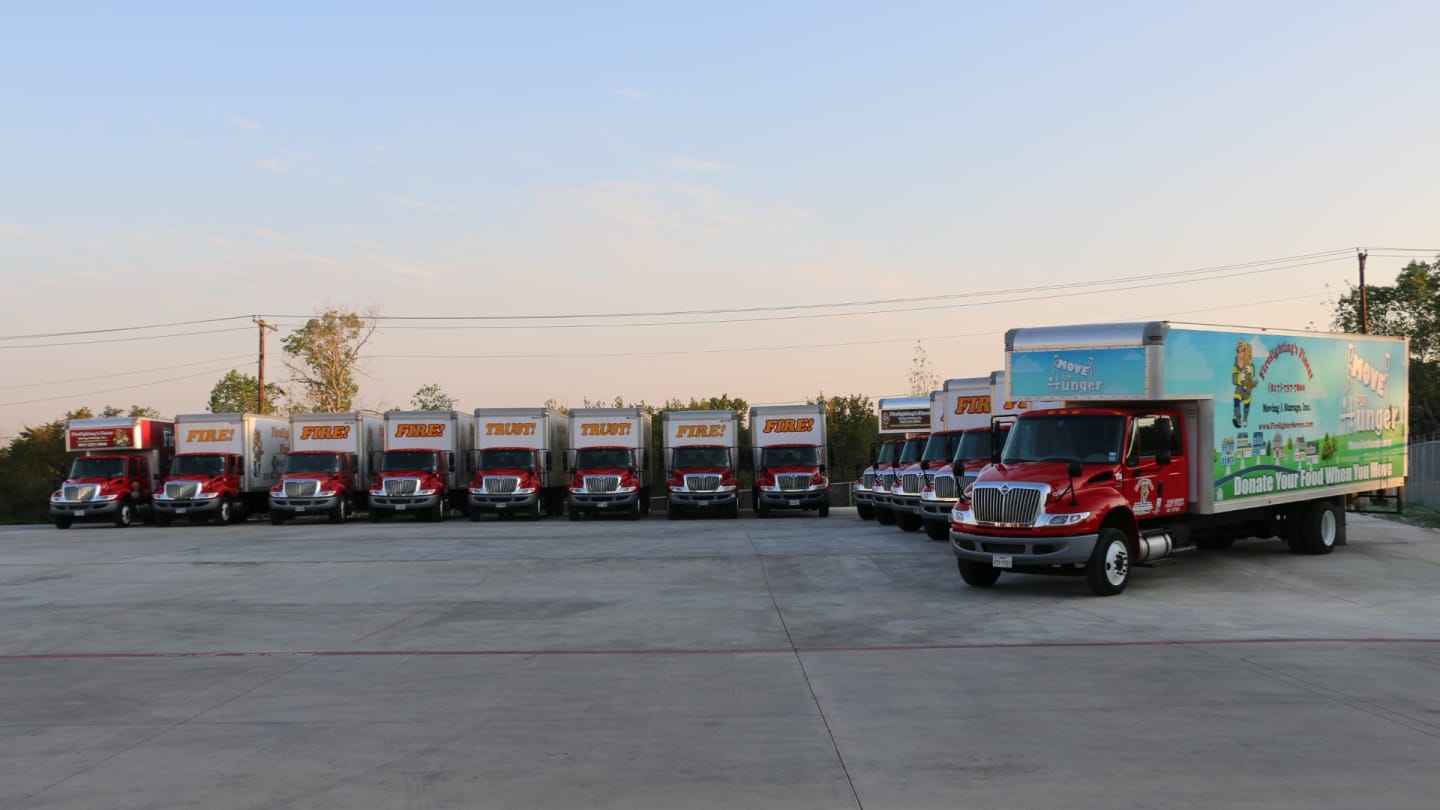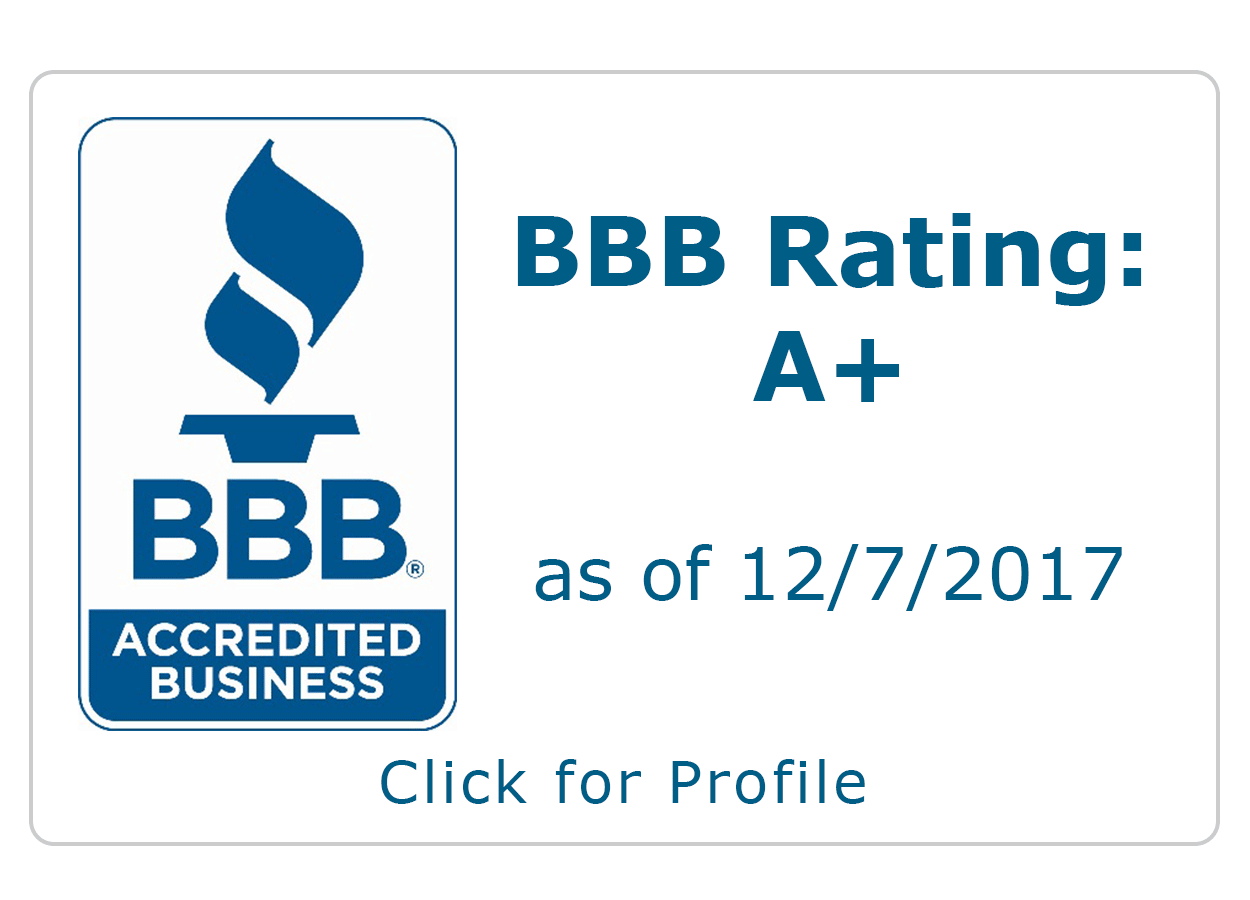Shipping a military vehicle OCONUS (Outside Continental United States) during a Permanent Change of Station (PCS) move requires understanding various regulations and requirements. It might seem complex but Firefighting’s Finest Movers & Storage can help make it a manageable process. This comprehensive guide aims to provide you with information and tips for a successful vehicle shipment.
Eligibility and Conditions
Active-duty members are generally eligible to ship one privately-owned vehicle (POV) at government expense when assigned an OCONUS PCS. This entitlement includes limitations on the type of vehicle, usually limited to personal-use vehicles such as cars, light trucks, and station wagons. Vehicles intended for commercial use or additional vehicles beyond the first are not typically covered under this entitlement.
Weight and Size Limitations
The military covers the shipping cost for vehicles up to 20 metric tons. Most standard vehicles, including cars and small trucks, fall within this limit. However, larger vehicles such as oversized trucks or recreational vehicles may exceed this limit and pose challenges in shipping.
Required Documentation
Preparing the necessary documentation is a crucial step. This includes proof of entitlement to ship a POV, typically found in official orders, and documents proving vehicle ownership, such as vehicle registration and title. A valid government-issued ID and a completed Shipping Instruction Form are also required. In cases where the vehicle is under a lien or if someone other than the service member is arranging the shipping, additional documentation like a lien holder authorization letter or a power of attorney may be necessary.
Vehicle Preparation
Thorough cleaning of the vehicle, both inside and out, is mandatory before shipping. This includes vacuuming the interior and trunk and ensuring the vehicle is completely dry. Personal items must be removed, with exceptions for necessary operating items like tire irons and car seats. The vehicle should have a quarter tank of gas and a fully functional parking brake to facilitate movement during shipping.
Legal Considerations for Vehicle Modifications
Modifications on the vehicle can be a crucial consideration, especially for non-factory modifications. Some modifications that are legal in the U.S. may not be permitted in the destination country, so it’s important to verify these details in advance.
Registration and Licensing in the New Country
Compliance with the licensing and registration laws of the new country of residence is important. There are often strict deadlines for registering the vehicle in the destination country, which should be adhered to avoid legal complications.
Shipping Timeframes
The timeline for shipping a vehicle can vary depending on the service branch and the specific rules associated with it. For instance, different branches like the Air Force, Army, Marine Corp, and Navy have their own set of regulations regarding the timeframe within which the vehicle must be shipped after the service member’s departure.
Return Shipping Considerations
When returning to the U.S., the vehicle must meet specific regulations set by agencies like the USDA, DOT, and EPA. This includes cleanliness standards to prevent the entry of foreign soil or contaminants and having the appropriate compliance stickers from DOT and EPA.
Rental Car Expenses
It’s important to be aware that expenses incurred for a rental car while waiting for the POV to arrive at the destination are typically not reimbursable.
Professional Cleaning Recommendation
Prior to shipping, it is recommended to have the vehicle professionally cleaned. This helps ensure that no foreign materials, such as soil, are inadvertently transported, which is a key consideration in international shipping regulations.
Utilizing Resources and Support Services
For further detailed information and guidance, consult the local transportation office. Additionally, resources such as websites dedicated to military car shipping can provide comprehensive steps and tips to begin the shipping process effectively. Websites such as Military Car Shipping and PCS My POV offer comprehensive resources and steps to start the shipping process. These resources often offer detailed information specific to different branches of the military and can be invaluable in planning and executing the vehicle shipment process.
Planning and Budgeting
Starting the process as soon as orders are received is crucial for a smooth transition. It’s also important to budget for potential additional costs, such as customs fees or additional insurance, which might not be covered by the government.
Cultural Considerations and Local Laws
Being aware of the cultural attitudes towards foreign vehicles and understanding the local driving laws and requirements in the new location are important. This includes obtaining an international driving permit if necessary and familiarizing oneself with local traffic regulations and customs.
Emergency Planning and Communication
Having a backup plan in case of delays or issues with the vehicle shipment is wise. Keeping in constant communication with the Vehicle Processing Center (VPC) and regularly checking the status of the shipment are essential steps in managing the process.
Vehicle Maintenance and Inspection
Ensuring the vehicle is in good working condition before shipping is important. This can prevent issues upon arrival and ensure the vehicle is ready for use. Upon arrival, inspect the vehicle thoroughly before accepting it. Reporting any damages immediately is crucial to ensure coverage under the shipping insurance.
Shipping a military vehicle OCONUS requires attention to detail, understanding of regulations, and thorough preparation. Active-duty members should utilize available resources, plan early, and stay informed throughout the process to ensure a smooth and successful vehicle shipment. For further detailed information and guidance, consult your local transportation office and the Vehicle Processing Center closest to your new duty station.
If you need more information about shipping your vehicle overseas, call Firefighting’s Finest Moving & Storage. Our off-duty firefighters provide efficient, safe, and professional commercial and home moving services. Guided by integrity, we’re the reliable moving partner you can trust. Founded in 2001 by two off-duty firefighters, we’ve grown to serve not only the Dallas/Fort Worth area, but also Houston and Austin as well. A locally-owned-and-operated business, we exceed all state and federal requirements for a moving company and can handle all your moving needs. Call 844-715-6625 or stop by to learn more.







